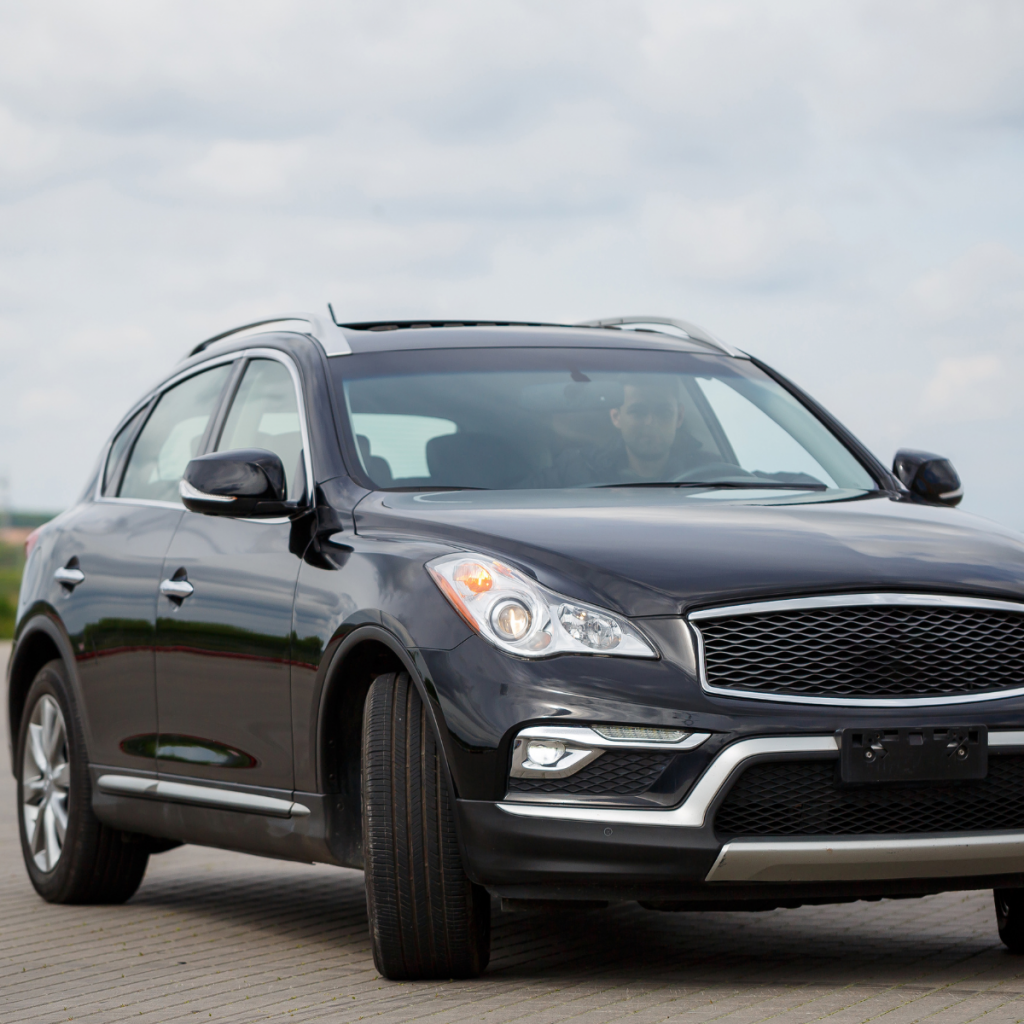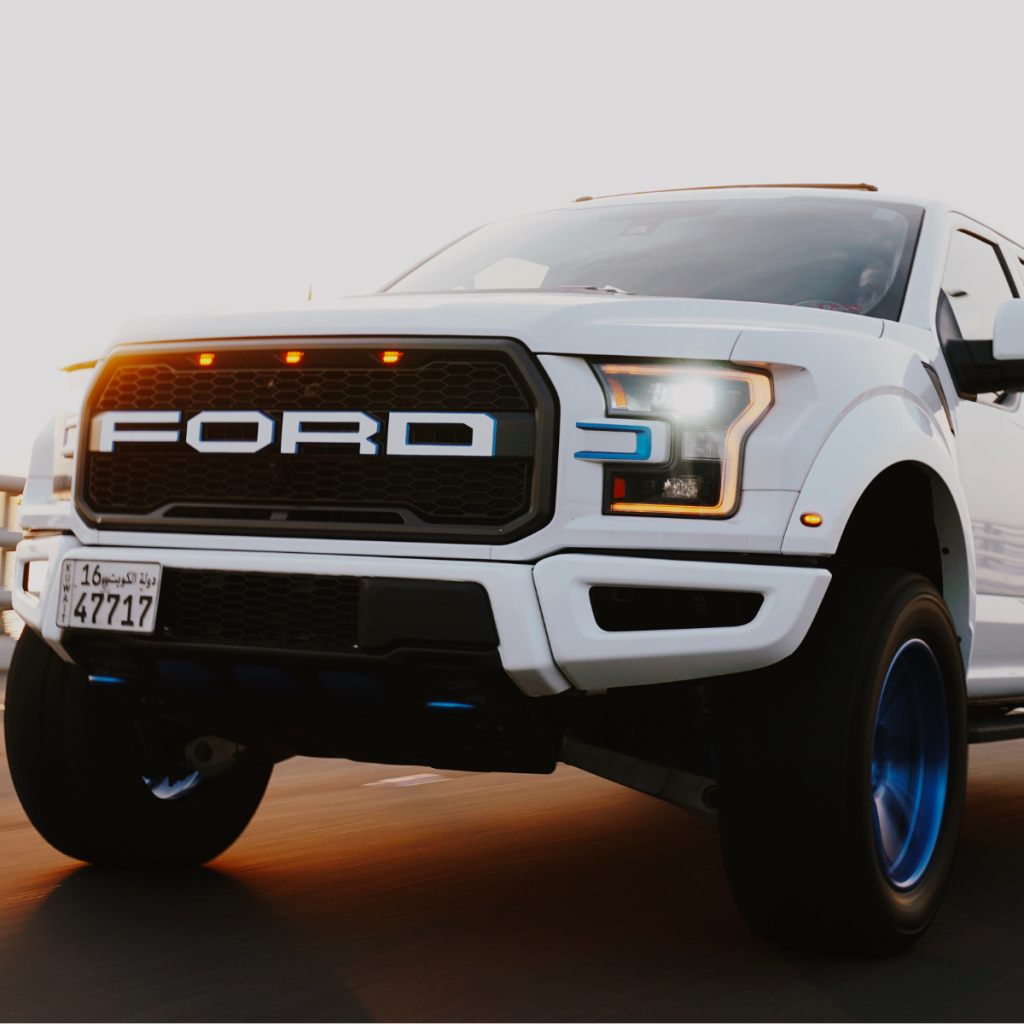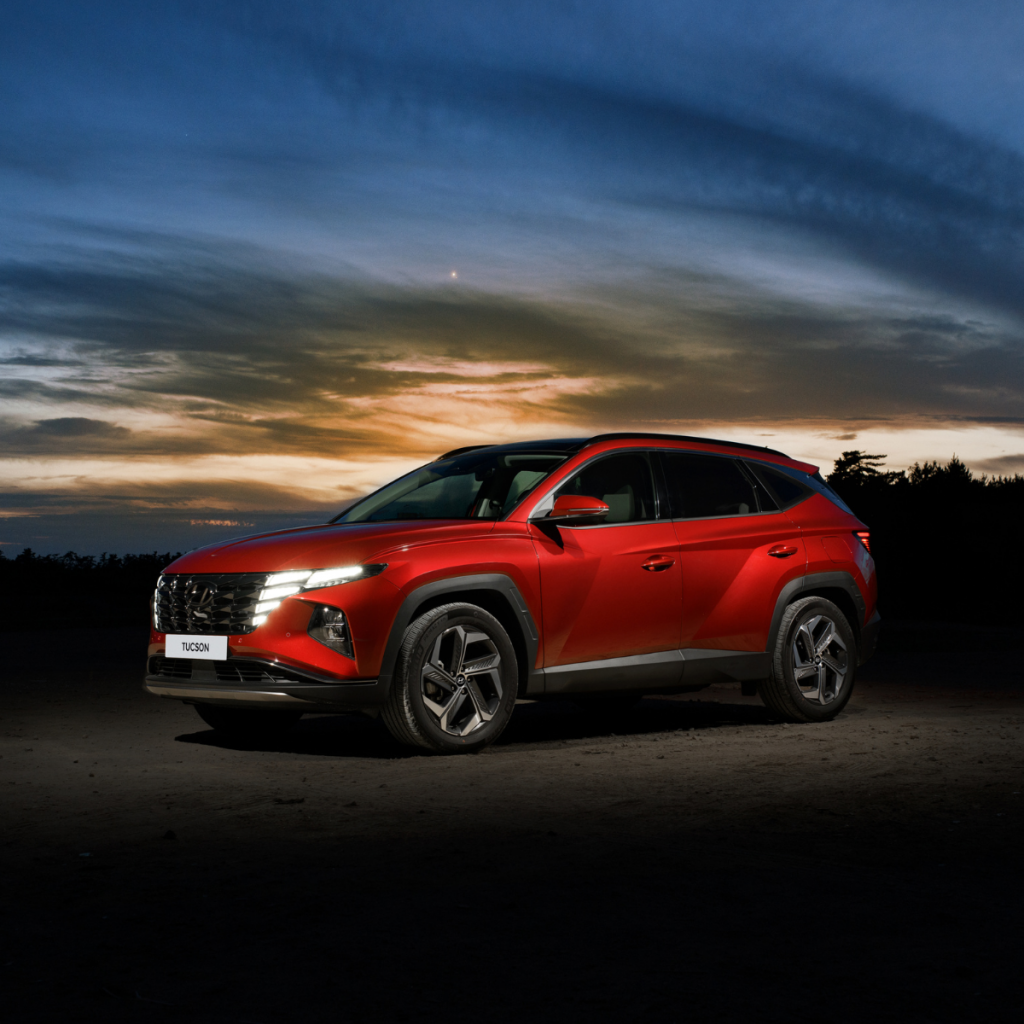When it comes to choosing an SUV, two primary categories stand out: compact and full-size. Both vehicle types offer unique advantages, but the key differences lie in their size, performance, fuel efficiency, and comfort. For individuals or families trying to decide between a compact or full-size SUV, it’s crucial to understand how each type meets various needs. Whether you’re prioritizing city maneuverability or the ability to transport larger groups and cargo, the right SUV will depend on your personal preferences and driving lifestyle. This article explores the differences and benefits of compact and full-size SUVs to help you make an informed decision about your next vehicle.
What Is a Compact SUV?
A compact SUV is a smaller version of the traditional SUV, providing many of the same benefits but in a more compact and efficient package. Typically, these vehicles have a smaller footprint than full-size models, offering easier handling, better fuel efficiency, and a more affordable price point. Compact SUVs are ideal for urban driving, as their size allows for easier parking, navigating tight spaces, and handling city traffic.

Despite their smaller size, compact SUVs are still designed to offer versatility and performance. Many come with all-wheel-drive (AWD) or front-wheel-drive (FWD) options, making them capable of handling mild off-road conditions while maintaining an enjoyable driving experience. Compact SUVs are the perfect solution for those who need the utility and elevated ride height of an SUV but don’t require the extra space or power of a full-size model.
What Is a Full-Size SUV?
A full-size SUV, as the name suggests, is a larger vehicle designed to offer greater space, power, and performance. These SUVs typically have more seating capacity, roomier interiors, and a higher towing capacity than compact SUVs. Full-size SUVs are designed for individuals or families who require ample space for passengers and cargo. They are ideal for long road trips, towing heavy loads, and driving in more demanding terrains or conditions.
These vehicles are often equipped with more powerful engines, with many offering rear-wheel drive (RWD) or four-wheel drive (4WD) capabilities. Full-size SUVs are more capable of handling rougher terrain and heavy-duty tasks, making them the go-to choice for those seeking a rugged and reliable vehicle with plenty of room and power.
Size and Space: Key Differences
One of the most noticeable differences between compact and full-size SUVs is their size. Full-size SUVs are generally much larger, offering more space for both passengers and cargo. These vehicles typically provide seating for seven or more people, making them ideal for large families or those who frequently travel with a group.
In contrast, compact SUVs usually seat five passengers comfortably. While they may offer less room than full-size models, they still provide ample space for everyday use, and many compact SUVs feature versatile seating arrangements, such as split-folding rear seats, that increase cargo capacity.
The size difference also extends to cargo space. Full-size SUVs have significantly larger trunks or cargo areas, capable of holding larger loads or bulky items. If you need to haul equipment for a family camping trip or carry large luggage, a full-size SUV is the better choice. On the other hand, compact SUVs provide a more modest cargo capacity but still offer flexible storage solutions, making them suitable for urban lifestyles and smaller storage needs.
Performance and Power: Full-Size SUVs Are the Leaders
When it comes to performance, full-size SUVs generally have the upper hand. These vehicles often come with larger, more powerful engines, such as V6 or V8 engines, which provide greater towing capacities and enhanced power for off-road capabilities. Full-size SUVs can tow heavy trailers, boats, or campers, making them a great choice for outdoor enthusiasts or families who need extra hauling power.
Compact SUVs, while still offering reasonable engine options, are typically equipped with smaller, more fuel-efficient engines. This makes them better suited for everyday driving and city commutes rather than heavy-duty towing or off-road adventures. Many compact SUVs are available with hybrid or electric powertrains, which not only offer fuel savings but also contribute to a reduced environmental footprint.
Fuel Efficiency: Compact SUVs Shine
When comparing fuel efficiency, compact SUVs generally have a significant advantage over their full-size counterparts. Due to their smaller engines and lighter weight, compact SUVs consume less fuel, making them more cost-effective for daily commuting and long-distance driving.

The improved fuel efficiency of compact SUVs is especially appealing in today’s market, where fuel prices can fluctuate and consumers are increasingly concerned about reducing their carbon footprint. Many models offer excellent miles per gallon (MPG) ratings, especially when equipped with hybrid or electric powertrains, making them more eco-friendly and affordable in the long term.
Full-size SUVs, while providing greater power and towing capacity, tend to consume more fuel due to their larger engines and heavier build. However, many full-size SUVs are now equipped with advanced fuel-saving technologies, such as start-stop systems and turbocharged engines, which help improve fuel efficiency without sacrificing performance.
Maneuverability: Compact SUVs Excel in City Driving
Compact SUVs are generally easier to maneuver and drive, particularly in urban environments. Their smaller size makes them more agile, allowing drivers to easily navigate through tight parking spaces, narrow streets, and congested traffic. Many compact SUVs are designed with a more responsive steering system, making them feel more like a car while still offering the elevated ride height and visibility that SUVs are known for.
Full-size SUVs, while offering superior comfort and performance, can sometimes be challenging to drive in crowded or tight spaces. Their larger size can make parking and maneuvering in narrow areas more difficult, which is something to consider if you spend a lot of time in the city or need a vehicle for urban driving. However, many full-size SUVs now come with advanced parking assistance systems, such as cameras, sensors, and self-parking features, which make driving these larger vehicles easier than ever before.
Price: Compact SUVs Are More Budget-Friendly
When it comes to pricing, compact SUVs tend to be more affordable than full-size models. The lower base price of compact SUVs makes them a popular option for individuals or families who want the benefits of an SUV without breaking the bank. Additionally, many compact SUVs come with more affordable maintenance and insurance costs compared to full-size SUVs.
On the other hand, full-size SUVs are typically more expensive, both in terms of initial purchase price and ongoing costs. While they offer more space, power, and performance, the higher price tag may not be necessary for individuals or families who don’t need the added capacity and towing capabilities.
Versatility: Which One Is Right for You?
Both compact and full-size SUVs offer a high level of versatility, but they serve different needs. Compact SUVs are ideal for drivers who need a practical and efficient vehicle for commuting, running errands, and occasional outdoor adventures. They are best suited for individuals or smaller families who prioritize fuel efficiency, maneuverability, and affordability.
Full-size SUVs, on the other hand, are better suited for large families or those who frequently travel with a lot of passengers and cargo. They offer superior towing capacity, more space, and greater performance, making them perfect for long road trips, outdoor activities, and heavy-duty tasks.
Conclusion: Choosing the Right SUV for Your Needs
Choosing between a compact and full-size SUV ultimately comes down to your lifestyle, preferences, and driving needs. If you’re looking for a vehicle that’s easy to drive, fuel-efficient, and practical for city living, a compact SUV may be the best fit. However, if you require more space, power, and towing capabilities for your family or adventures, a full-size SUV may be the right choice.

Consider your daily driving habits, budget, and long-term goals to determine which SUV best meets your needs. Both compact and full-size SUVs have their distinct advantages, so the right one for you will depend on how you plan to use it. Regardless of which you choose, both vehicle types offer incredible versatility, comfort, and capability, ensuring you’ll enjoy the ride for years to come.

Leave a Reply